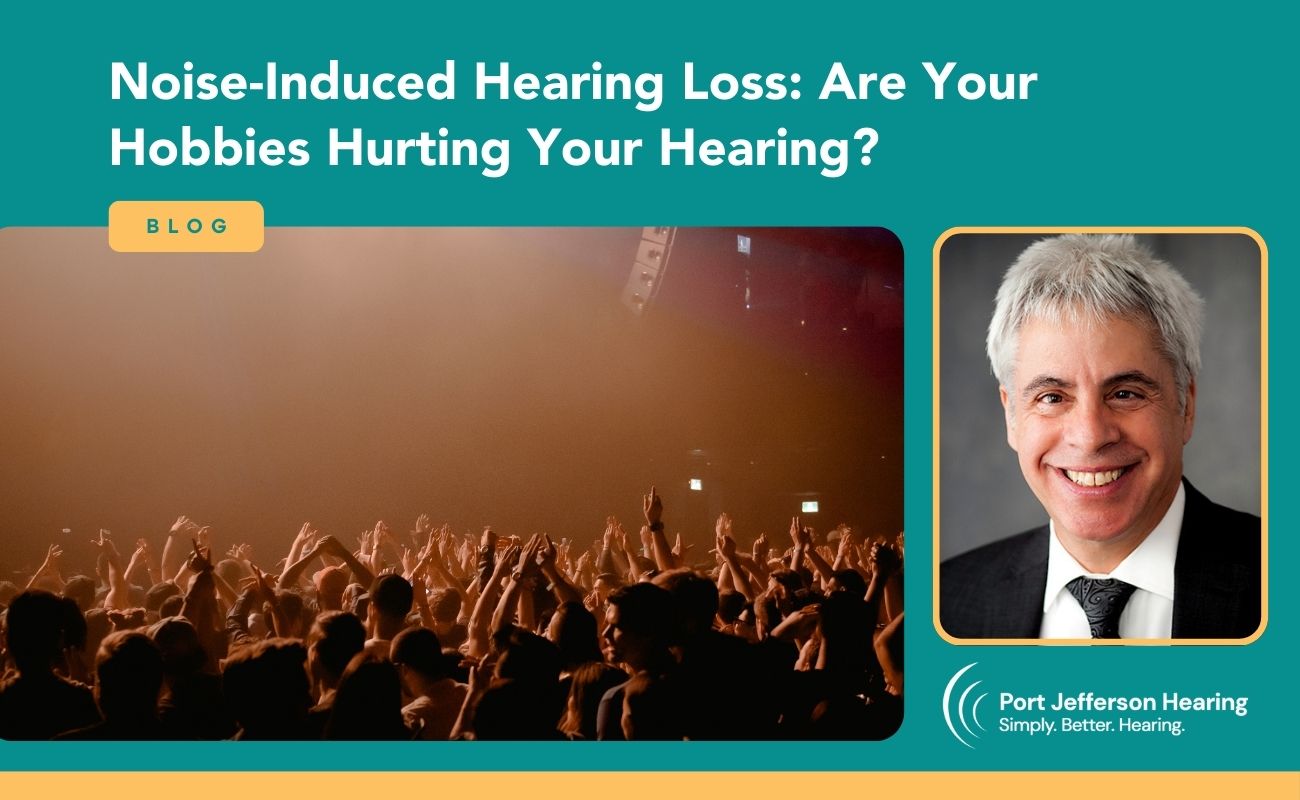Cognitive Decline and Hearing Loss: The Latest Research

Recent studies, including one by Dr. Frank Lin at Johns Hopkins University, highlight the significant impact of hearing loss on cognitive decline, underscoring the importance of addressing hearing impairments to mitigate risks associated with dementia. This connection between diminished hearing abilities and cognitive impairments, particularly notable in populations such as nursing home residents, calls for increased awareness and proactive management of hearing health.
Given these revelations, the strategy towards managing hearing loss evolves from merely improving auditory function to potentially safeguarding cognitive health. The use of hearing aids, as illustrated by Dr. Lin’s research, not only aids in better hearing but could also slow the progression of cognitive decline in individuals at high risk for dementia, suggesting a vital role for audiologists in the broader context of mental health. In this light, hearing aids, regular consultations with audiologists, and auditory health checks become essential components in the pursuit of maintaining cognitive functions, highlighting the interconnectedness of hearing and cognitive health.
Understanding Cognitive Decline and Hearing Loss
Hearing loss is intricately linked with cognitive decline, affecting various brain functions and increasing the risk of conditions like Alzheimer's disease and dementia. Studies indicate that hearing impairment is associated with lower cognitive function and is a significant risk factor for dementia. This connection is evident through the association of poor hearing performance with worse cognitive function and the presence of higher levels of cerebrospinal fluid (CSF) tau protein in individuals with hearing impairment, a marker often linked to Alzheimer's disease.
Key Associations and Risk Factors
- Brain Structure Changes: Hearing impairment correlates with reduced volumes in critical brain areas such as the temporal cortex and hippocampus, which are vital for memory and cognitive processing.
- Mediation by Brain Pathology: Brain atrophy and tau pathology partially mediate the relationship between hearing loss and cognitive decline, suggesting that hearing impairment might contribute to the structural brain changes observed in cognitive disorders.
- Polygenic Risk Score (PRS): Individuals with a higher PRS for hearing impairment show significantly lower cognitive functions, indicating a genetic predisposition that links hearing loss to cognitive impairments.
Age-related hearing loss (ARHL) is the most prevalent form of hearing loss among older adults, characterized by the gradual loss of hearing due to damage in the cochlea's sensory cells. This form of hearing loss not only impacts cognitive abilities but also contributes to other physical and mental health issues such as walking difficulties, falls, and social isolation, all of which can further exacerbate cognitive decline. Early detection and management of hearing loss, therefore, are crucial in mitigating its adverse effects on cognitive health.
Key Research Findings
Comprehensive Insights from Recent Studies
Recent research underscores the significant relationship between hearing loss and cognitive decline, highlighting several critical findings:
- Genetic and Structural Brain Links: Studies have shown that a higher polygenic risk score (PRS) for hearing impairment is strongly associated with lower cognitive function, reduced gray matter volume, and decreased integrity of white matter tracts. This genetic predisposition indicates a robust link between hearing impairment and brain health.
- Impact of Hearing Aids on Cognitive Decline: A landmark study by Dr. Frank Lin revealed that while hearing aids did not alter the overall rate of cognitive decline among all participants, they significantly reduced the rate of cognitive decline by nearly 50% in individuals at higher risk of dementia. This suggests that hearing aids may offer protective benefits specifically for those with a greater predisposition to cognitive impairments.
- Broader Implications of Hearing Loss: Beyond the direct impact on cognition, hearing loss is associated with higher levels of cerebrospinal fluid tau proteins, a marker often linked with Alzheimer's disease. This association further supports the theory that hearing impairment contributes to the neural mechanisms underlying cognitive decline.
These findings not only emphasize the importance of managing hearing loss to potentially delay or mitigate cognitive decline but also highlight the need for comprehensive hearing assessments and personalized interventions to address this modifiable risk factor effectively.
Mechanisms Linking Hearing Loss to Cognitive Decline
Effective Treatment Through Hearing Solutions
- Delaying Cognitive Impairment: Addressing hearing loss with appropriate hearing solutions such as hearing aids is crucial. These devices not only improve auditory functions but also help in maintaining robust cerebral functions, effectively delaying the onset of cognitive impairments associated with hearing loss.
- Enhancing Quality of Life: For individuals already experiencing cognitive impairments, treating hearing loss can significantly improve communication abilities. This enhancement in communication aids in increasing the overall quality of life and can reduce behavioral symptoms often observed in dementia patients.
Social Engagement and Mental Stimulation
Maintaining social connections and staying mentally active are vital for preserving brain health, especially as one ages. Hearing aids play a significant role for individuals with hearing loss, enabling them to stay connected with their environment and continue participating in social activities. This ongoing engagement is essential for mental stimulation and can help in slowing the progression of cognitive decline.
Lowering Risks of Dementia and Depression
Proper and consistent use of hearing aids has been shown to lower the risk of developing dementia and depression among those with hearing loss. By facilitating clearer hearing, hearing aids ensure that individuals can engage more fully in conversations and social interactions, which are critical for mental health and cognitive resilience.
Hearing Aids in Suffolk County, NY
Through the in-depth examination of recent studies and data, our understanding of the intricate relationship between hearing loss and cognitive decline has significantly expanded. These insights underscore the critical importance of early detection and proactive management of hearing impairments as a multifaceted strategy not only for preserving auditory function but also for safeguarding cognitive health. Particularly noteworthy is the potential of hearing aids, under the guidance of experienced audiologists, to delay or even mitigate the adverse effects of cognitive impairments in individuals at higher risk of dementia.
In the context of these findings, the role of audiologists, such as our very own Dr. John Martinetti at Port Jefferson Hearing, becomes increasingly pivotal. Dr. Martinetti’s expertise is not just in treating hearing loss but in contributing to the broader objective of cognitive resilience amongst the affected populations. The evidence suggests a clear call to action for individuals experiencing hearing difficulties: prioritize your auditory health as a vital component of cognitive wellness. Schedule a hearing test today and take a definitive step towards not only improving your quality of life but also potentially preserving your cognitive functions for years to come.
Discover Our Latest Blogs
Stay informed with our insightful blog posts.
Hearing Aid Trials With No Financial Obligation
At Port Jefferson Hearing we believe the only way to know which hearing aid is right for you is to experience the benefits in your day-to-day life. That is why we created a hassle-free, no pressure process that truly puts you in the drivers seat.





